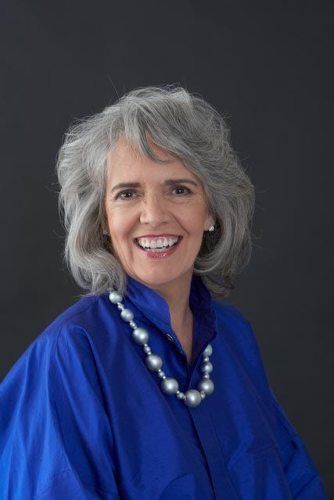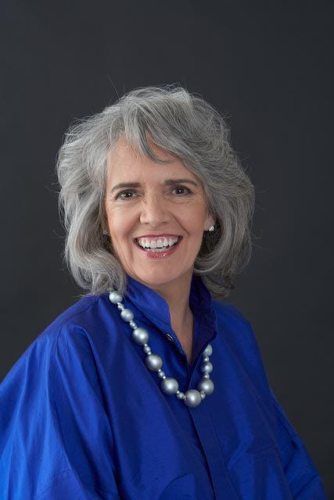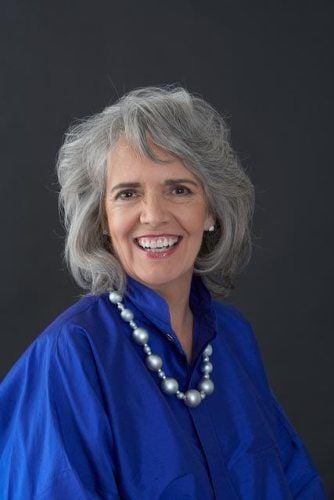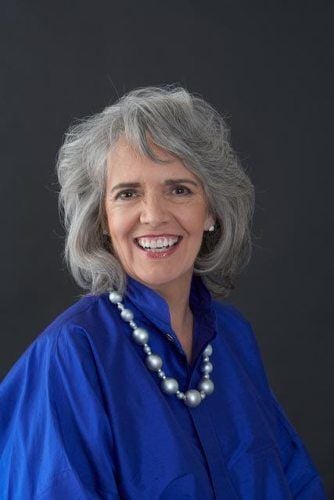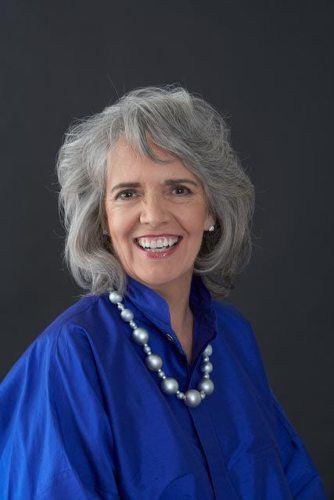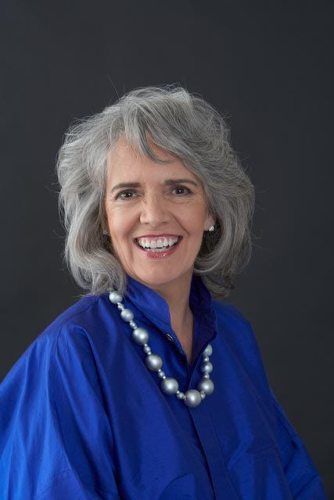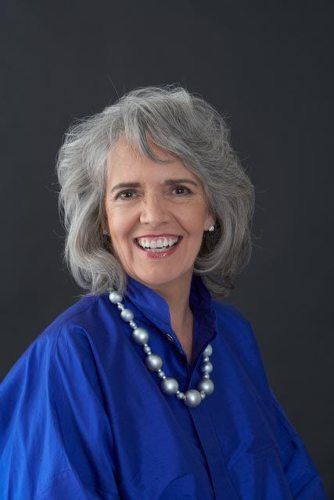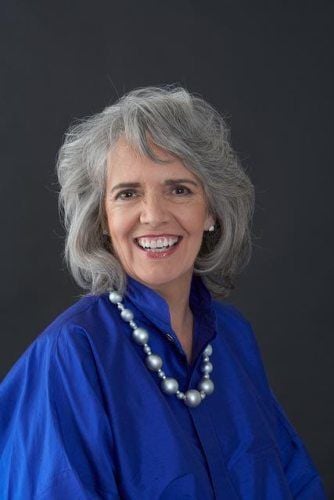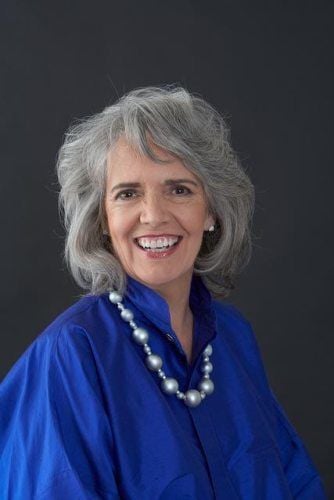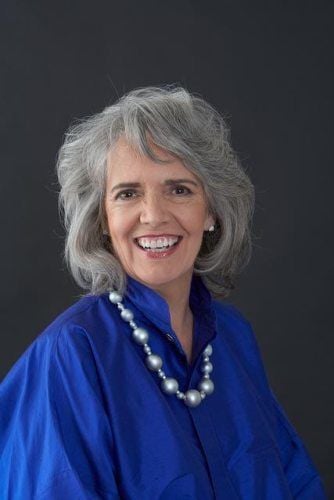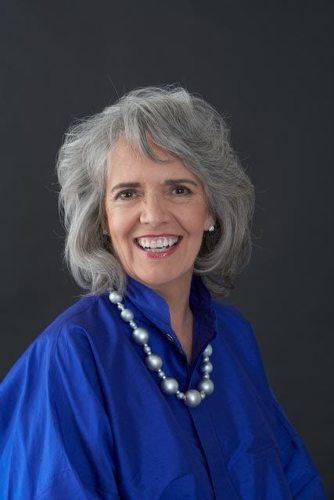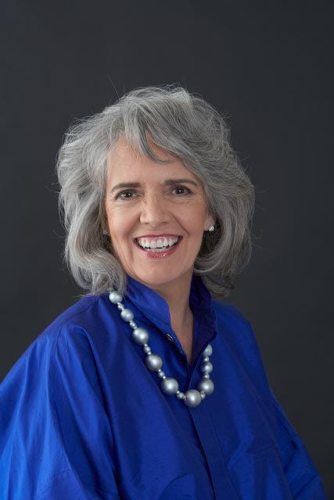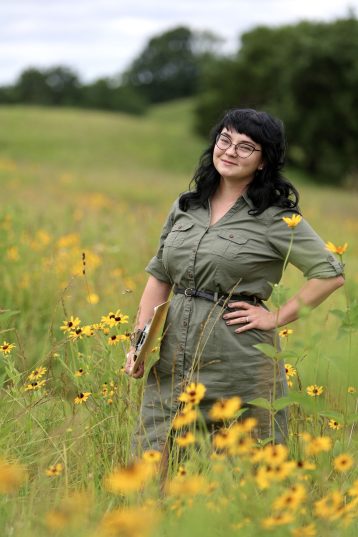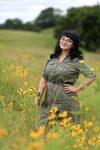Of all the gifts my parents bestowed upon me, the greatest is the love of reading.
Reading can be life-affirming, arousing, argument-provoking, even terrifying.
I can still hear my father, looking down through wire-rim glasses, licking his forefinger to turn the thin pages, then in an ominous voice that almost was a whisper, reading the first line of Edgar Allan Poe’s masterpiece, “The Tell-Tale Heart,” “True! — nervous — very, very dreadfully nervous I had been and am; but why will you say that I am mad?”
Thus, I first absorbed, without knowing or naming it, the allure of a story with an unreliable narrator.
Our household was steeped in words. In the dining room, plates with portraits of Dickens and Shakespeare hung on the wall, their rims illustrated with miniature portraits of the authors’ best-loved and most-feared characters — the murderous Macbeth, the bombastic Falstaff, the saintly Little Nell, the clever Portia.
My mother, too, could bring a tale to life.
As a girl, she had taken elocution lessons from Miss Antonia Leonard on Kansas City’s Country Club Plaza. No Christmas was complete without Mama’s reading of a maudlin story, “How Santa Claus Found the Poor-House,” by Sophie Swett. It had all you needed to trigger tear ducts — a lame orphan, a kindly doctor, a cranky housemistress, an injured dog.
Once, when I was a teen, Mama’s former elocution teacher came to visit in Des Moines. Miss Leonard settled into the depths of the sofa, glanced around the rooms with their bookshelves, fireplace and balustrades and pronounced in a rich contralto, “This house has good vibrations.” After she left, my mother confided to me sotto voce that Miss Leonard was both a Christian Scientist and a lesbian, a combination that thrilled me to the marrow.
It might strike you as a contradiction that while my parents were fundamentalist Christians whose church allowed no text other than the Bible and in which women were not permitted to preach or even pray aloud, the rule in our household was that if you could read it, you could read it.
No books were banned. Indeed, I was 15 when the lurid “Rosemary’s Baby” came out (the tale of a young woman whose struggling actor husband allows her to be drugged and her baby to be fathered by the devil in exchange for a good part). My sister and I and my parents duked it out about who got to read it next.
I carried on this tradition by letting my kids and now my grandchildren set their boundaries.
As a preschooler, my daughter’s ritual was to take a lavishly illustrated “Little Red Riding Hood” book into her room every afternoon for her nap. Soon, I would hear the plaintive cry, “Come get the wolf!” Only after she had been scared silly could she drift into sleep.
I love the fact that reading — or being read to — is getting many of us through the pandemic. With his parents’ agreement, my 7-year-old grandson and I set up a weekly Zoom session to take turns reading to each other Gary Paulsen’s book, “Hatchet,” recommended for ages 11 to 13.
It’s about a 13-year-old boy who, en route to visit his divorced father in Canada, is the sole passenger of a plane crash in which the pilot dies. The boy has only a hatchet as a survival tool. Survival squared: Reading a survival tale while surviving the pandemic.
The popularity of audiobooks shows that even adults like to be read to, especially in the author’s voice.
Of course, it’s always better to be read to by someone in the same room. A friend once confided that after she had read Raymond Carver’s heartbreaking short story, “A Small, Good Thing,” to her boyfriend as he stretched out on her couch with his head in her lap, he dazedly declared it simultaneously the saddest and most erotic thing he had ever experienced.
Reading is not for sissies.
When my mother was in her 80s, looking the part of the sweet little old lady down to her French twist and floral-patterned cane, she went to the library to fetch Cormac McCarthy’s post-apocalyptic novel, “The Road” (which includes the extinction of all wildlife and, well, cannibalism).
The young librarian, matching patron to material, looked concerned as she checked it out. My mother assured her, “Don’t worry. I know what it’s about — the human condition.”
Any book that skillfully explores the human condition is a gift. (Thanks, Mom and Dad.)
Rebecca Christian is freelance writes based in Ames, Iowa.

